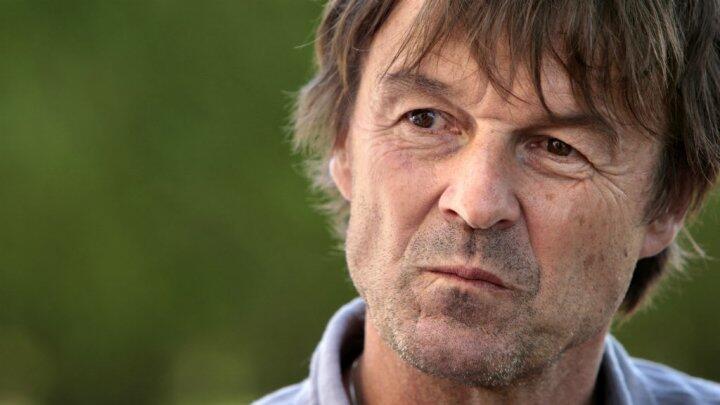France’s star environment minister, Nicolas Hulot, has unveiled a first set of eco-friendly measures, including a moratorium on new oil and gas exploration licenses, but pledged a soft approach to reducing fossil fuels and other hot issues.
Hulot, a popular environmentalist and former TV host was named France’s environment chief by President Emmanuel Macron in May, and has been viewed as a major coup for the new administration. He rolled out his agenda during his first major television interview as minister on Friday.
“There will be no new exploration licences for hydrocarbons, we will pass the law this autumn,” Hulot told the BFMTV news channel.
The measure would essentially kill development of shale oil and gas in mainland France and in the country’s overseas territories, but does nothing to curb ongoing exploration or extraction projects involving conventional oil and gas.
Hulot argued that abruptly ending previously approved exploration licenses and extraction permits would expose the government to costly lawsuits from energy firms. “France’s budget can do without that, believe me,” he said.
The minister’s announcement on Friday received a lukewarm response from environmentalists who wanted Hulot to adopt a harder line.
“There are at least 55 exploration licenses that were previously approved and will likely be extended, and 132 extraction permits awaiting approval,” said Juliette Renaud, a fossil fuel industry expert with Friends of the Earth, lamenting these are exempt from the bill as it was announced.
The proposed ban will also do nothing about existing drilling. France counts 64 active oil and gas fields covering an area around 4,000 square kilometres, according to official figures. France produces only 1 percent of its own oil needs, relying on imports for the rest.
It appeared that Hulot’s cautious approach – announcing a bill that reassures anti-fracking activists, but also energy firms already drilling for oil and gas – would be applied to a wide array of controversial and pressing environmental issues.
From diesel to matadors
“I am certain that we can find intelligent collective solutions,” Hulot said on Friday as he was quizzed on numerous subject, including the price of diesel fuel, wolves and even bullfighting.
He said he would push for tax reforms that would gradually bring the price of diesel fuel in line with petrol at pumps. For years the low price of diesel has incentivised French consumers and car companies to opt for vehicles that more negatively impact air quality.
Hulot said he would mediate a compromise between conservationists who defend wolves and French sheep farmers who shoot the endangered animals that pray on their flocks. “I have a naturalist bent, but how can I ignore the plight of breeders who have seen around 10,000 sheep slaughtered from the start of the year?” he asked.
Asked about his position on bullfighting, a cultural tradition in southern France that has been long denounced by animal rights’ activists, Hulot said he remained personally opposed to the practice, but was not on the verge of making it illegal.
“Should my own position take precedent over public debate? It’s a subject for national debate, and I don’t think we should ignore it,” he said.
Capable or reform?
Macron was criticised for barely mentioning the environment during his successful presidential campaign, but has since earned praise by naming Hulot as one of his senior ministers and taking a strong position against President Donald’s Trump decision to withdraw the United States from the Paris Agreement on Climate Change.
Renaud said that if Macron was serious about defending the landmark global climate deal struck in 2015, the French president would have to take a hard stance against all fossil fuels – and not just shale oil and gas.
“If we continue to exploit conventional hydrocarbons, it will be impossible to keep global temperatures from rising above 2°C,” she said in reference to one of the main goals of the Paris Agreement, in which nation’s voluntarily pledged to reduce fossil fuel emissions in order to limit global warming over the next century.
It remained to be seen if Macron, a former investment banker who championed market-friendly policies when he was France’s economy minister, will stand up to big energy firms with notoriously powerful influence.
Source: http://bit.ly/2t4n8Ve











